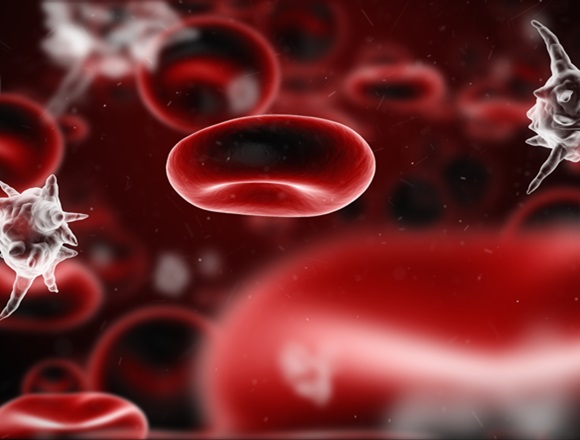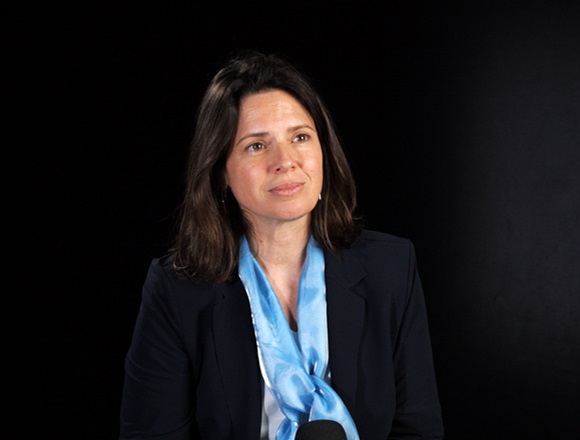Marianna Arvanitakis, MD, PhD, is a professor of medicine and head of the Clinic of Pancreatology and Clinical Nutrition at the Erasmus University Hospital in Brussels, Belgium. Her main clinical and research interests are pancreatic diseases, clinical nutrition, and endoscopy.
How to assess the nutritional status of patients with chronic pancreatitis and how to prevent malnutrition in such patients?
Marianna Arvanitakis, MD, PhD: Another complication in patients with chronic pancreatitis that we encounter regularly is malnutrition. This is also related to many different factors. We have maldigestion—these patients have exocrine insufficiency, so they will not digest fat, they will have steatorrhea, they will lose weight; also, these patients usually have decreased intake of oral food because they have pain; because they might have diabetes with gastroparesis; they may have some type of social isolation, depression, financial problems; and finally, they also have increased metabolism with increased resting energy expenditure rate. Sometimes they continue smoking, which also increases their basal metabolism.
All this might lead to weight loss, steatorrhea, and nutritional deficiencies, which we also have to assess regularly. So, we weigh them when they come to the outpatient clinic, we will examine their muscle mass, [assess] if they have sarcopenia or not. We will do blood tests to see if they have vitamin deficiency or trace element deficiencies, and we are also going to check if they have exocrine insufficiency, steatorrhea, and if they need any pancreatic enzyme substitution. Usually, we also send them to a dietician, who will advise them to have frequent meals with high calorie intake and with no fat restriction. Even if they have steatorrhea, we will give them enzymes, but we will not restrict their fat because that’s going to be another etiology for malnutrition. We will also give them oral supplementation if required.
Usually with this management we will manage to take care of most of our patients. Sometimes we will have to have some nutritional support with enteral nutrition, or very, very rarely, parenteral nutrition.
 English
English
 Español
Español
 українська
українська






